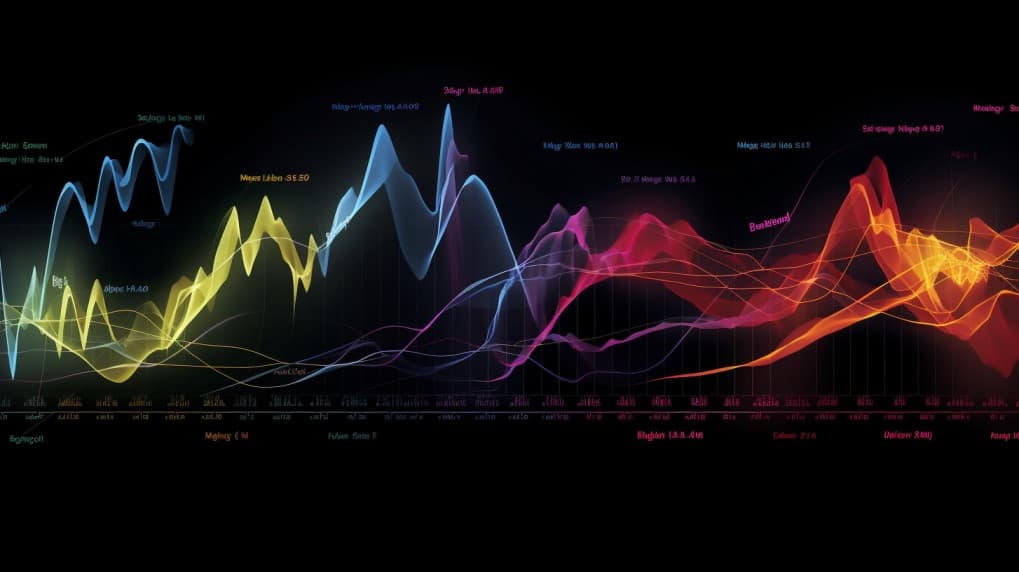
AAAU Vs PHYS: Sectors and Top Holdings
Exchange-Traded Funds (ETFs) have become a cornerstone of modern investment portfolios, offering a convenient and diversified way to gain exposure to various sectors and asset classes. In this article, we will delve into an in-depth comparison between two prominent ETFs: AAAU (Perth Mint Physical Gold ETF) and PHYS (Sprott Physical Gold Trust). We'll explore a range of key aspects including ETF tickers, full names, issuers, sectors, top holdings, capitalization, strategy, tracking methods, and exposure.
AAAU Vs PHYS: Overview
AAAU and PHYS are two ETFs that cater to investors seeking exposure to the precious metal gold. Both ETFs aim to provide a way to invest in physical gold, but they have subtle differences that can influence investment decisions. Understanding these differences is essential for making informed choices.
AAAU Vs PHYS: Tickers and Issuers
AAAU, managed by the Perth Mint, is designed to track the price of physical gold by holding gold bars. On the other hand, PHYS, managed by Sprott, also seeks to provide exposure to physical gold but through a trust structure. These differences in the structure and management of the two ETFs can impact factors such as expenses, taxation, and transparency.
 AAAU overlap AAAU VS PHYS
AAAU overlap AAAU VS PHYS
AAAU Vs PHYS: Sectors and Top Holdings
Both AAAU and PHYS focus on investing in the precious metal sector, specifically gold. Their portfolios primarily consist of physical gold holdings. Unlike ETFs that invest in gold mining companies, these ETFs offer a direct way to own gold without the complexities associated with mining stocks. Examining the sector focus and top holdings can assist investors in aligning their investment objectives with the ETF that suits them best.
AAAU Vs PHYS: Capitalization and Strategy
AAAU and PHYS have attracted significant assets under management (AUM), highlighting investors' interest in gold as a safe-haven asset. The strategies of both ETFs revolve around providing exposure to the price of physical gold. However, the subtle differences in their management structures and associated costs can affect the potential returns for investors over the long term.
AAAU Vs PHYS: Tracking and Exposure
AAAU and PHYS differ in their approaches to tracking the price of gold. AAAU aims to provide price transparency by holding physical gold in vaults, ensuring direct correlation with the gold price. In contrast, PHYS holds allocated gold bullion, and its NAV (Net Asset Value) is calculated based on changes in the gold price and other associated costs. Understanding these tracking methods is crucial for investors looking for precise exposure to the movements of gold.
Conclusion
AAAU and PHYS offer distinct approaches for investors seeking exposure to physical gold. Depending on an investor's preferences and goals, one ETF may be more suitable than the other. If you're looking to gain insights into holdings, correlations, overlaps, and other valuable information, consider utilizing ETF Insider—a user-friendly app that provides comprehensive details on various financial instruments.
Disclaimer: This article is intended for informational purposes only and does not offer investment advisory services. It's crucial to conduct thorough research and consult with financial professionals before making any investment decisions.
Sources:
AAAU (Perth Mint Physical Gold ETF) Fact Sheet
PHYS (Sprott Physical Gold Trust) Fact Sheet
ETF Insider Official Website
FAQ
Why is AAAU better than PHYS?
AAAU may be considered better than PHYS for some investors due to its specific focus, offering diversification.
Does PHYS beat AAAU?
PHYS's performance relative to AAAU will vary over time, depending on market conditions.
Should I invest in AAAU or PHYS?
The choice between AAAU and PHYS should align with your investment goals, risk tolerance, and desired exposure.
Are AAAU and PHYS good investments?
Both AAAU and PHYS can be suitable investments depending on individual investment strategies, goals, and risk profiles.
What is the correlation between AAAU and PHYS?
The correlation between AAAU and PHYS can vary over time, reflecting differences in performance.